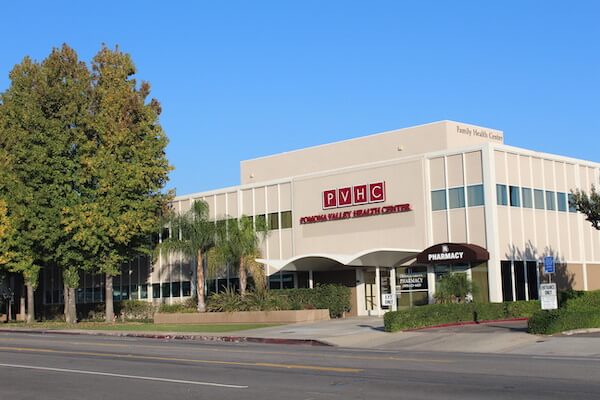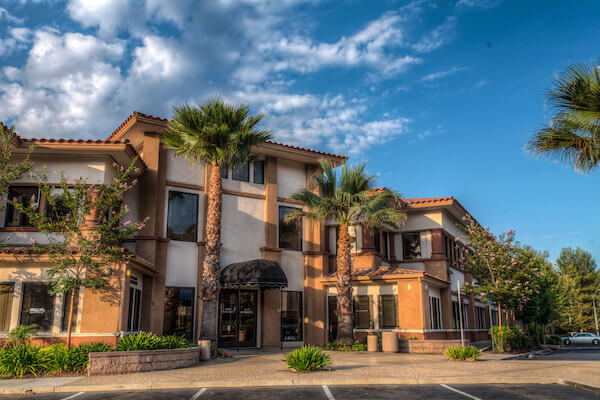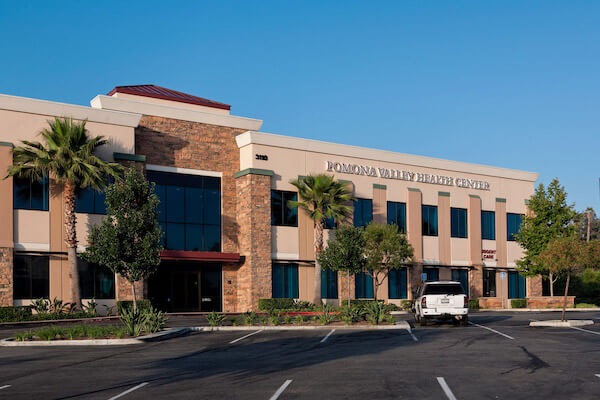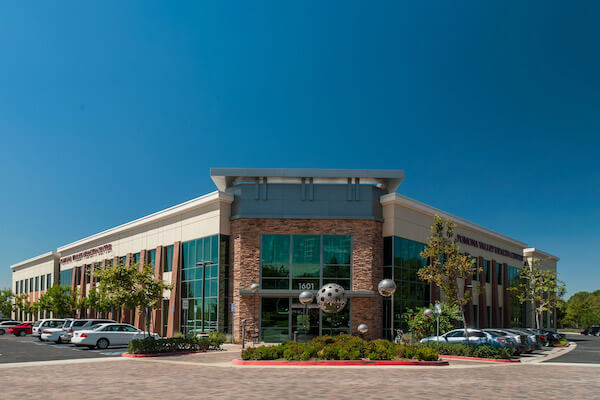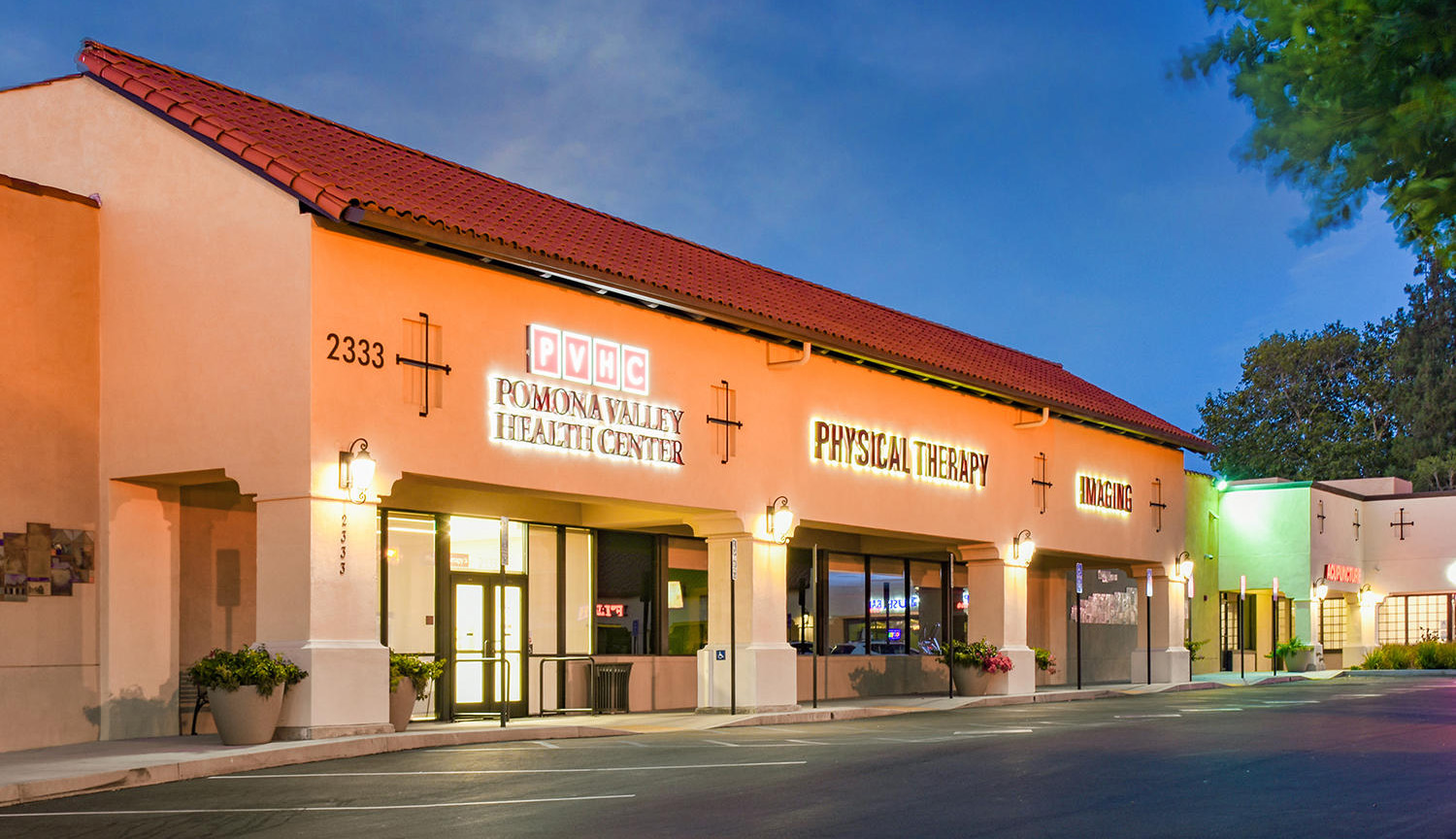Medically reviewed by Saman Aboudi MD, Medical Director, PVHC Urgent Care & Occupational Medicine, Premier Family Medicine Associates
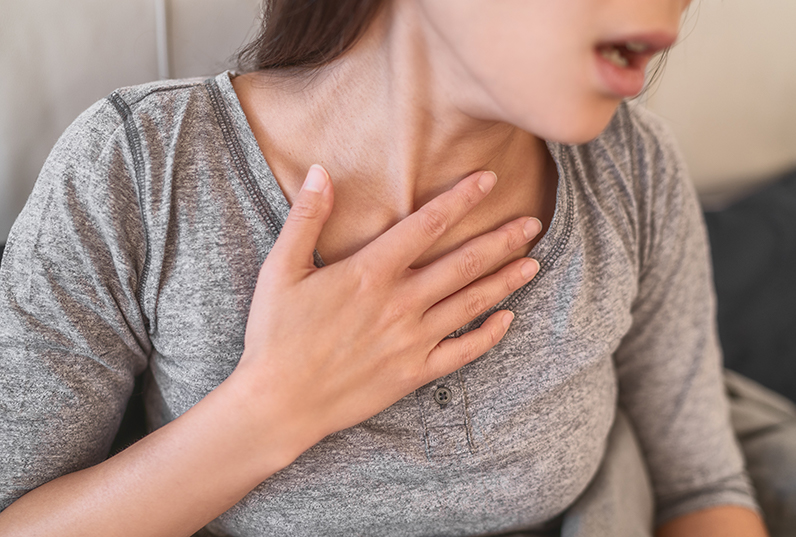
A food allergy occurs when the body’s immune system reacts unusually to certain foods. While many allergic reactions to food are mild, some can be fatal, so it is vitally important to know what to do in case of an emergency.
Many people who are at risk of a severe allergic reaction carry an EpiPen® with them at all times. An EpiPen is an injection that contains a chemical known as epinephrine and is used to treat severe allergic reactions allergens. Epinephrine helps to increase blood flow through veins by constricting blood vessels. By binding to receptors on smooth muscles of the lungs, epinephrine helps to relax the muscles blocking the airways and allows breathing to return to normal.
According to Food Allergy Research & Education, approximately 32 million people have food allergies. While some food allergies can be fatal, not every allergic reaction requires a trip to an urgent care or hospital; some can be managed effectively at home. The most common food allergies include cow’s milk, eggs, tree nuts, peanuts, shellfish, wheat, soy and fish.
If you have any of the following symptoms, you are likely experiencing anaphylaxis. Seek immediate medical help:
Do not depend on antihistamines or inhalers to treat a severe reaction. Use epinephrine. It is the only medication that can reverse the life-threatening symptoms of anaphylaxis. If you do not have immediate access to epinephrine, please go directly to the nearest urgent care or emergency room.
Most allergic reactions begin with mild symptoms, but it is vital to pay attention to your body and seek immediate medical attention should your symptoms begin to worsen. Here are common signs and symptoms of a mild allergic reaction that can be treated safely at home:
It’s important to have an allergy emergency care plan if you have food allergies. Here are a few things you can do at home to help you or a loved one feel better:
For more tips on managing your family’s allergies, contact Pomona Valley Health Centers at 909-378-8865. Our board-certified family medicine physicians are skilled in the diagnosis and treatment of allergic reactions to food, plants and insects.
